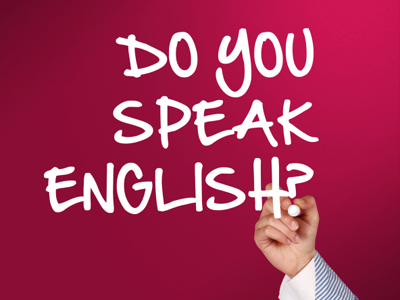

How much do you know about the English language?
Vocabulary - Understanding Words, Sentences and Punctuations (Part 1)
This English Language quiz is called 'Vocabulary - Understanding Words, Sentences and Punctuations (Part 1)' and it has been written by teachers to help you if you are studying the subject at middle school. Playing educational quizzes is a fabulous way to learn if you are in the 6th, 7th or 8th grade - aged 11 to 14.
It costs only $19.50 per month to play this quiz and over 3,500 others that help you with your school work. You can subscribe on the page at Join Us
Understanding Words, Sentences and Punctuations will test you on the rules of English. The English language (and all languages) is filled with rules regarding types of word (nouns, verbs, adverbs, adjectives, contractions, pronouns, prepositions, possessive pronouns, synonyms, antonyms and the like), sentence structures (simple, compound, complex and compound-complex) and punctuation marks (period, question mark, exclamation point, colons, semicolons, commas, quotation marks and the like) and their correct usage and their placements in writing.
Ready for more?
not all...
quizzers. Try to win a coveted spot on our Hall of Fame Page.






